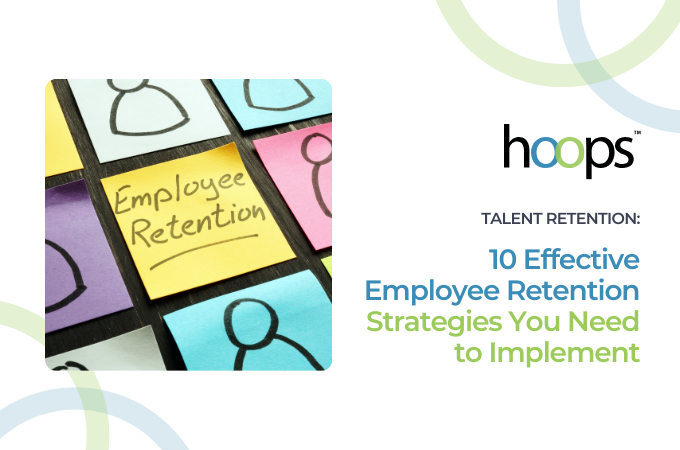Sometimes hiring managers are so eager to fill open positions that they end up making mistakes that could lead to accidentally hiring the wrong person.
If you focus on attracting the right kind of candidates and have a well thought out evaluation process, you can easily identify and hire top talent. Here are a few missteps hiring managers consistently make when interviewing job seekers, and how to avoid making the same errors.
Oftentimes, a hiring manager will have a list of traits, experience, and characteristics (aka the job description) that candidates must have. Knowing what you’re looking for is important, but don’t ‘the list’ blind you to potentially great hires who may be a little different. Google’s hiring process is a prime example of looking past things that don’t matter, and instead focusing on key performance indicators. It’s often better to get a motivated employee with less experience - a passionate individual will learn the skills they need quickly, and will consistently go above and beyond to contribute. Instead of judging candidates by experience alone, look for less tangible qualities like passion, drive, and a competitive mindset.
As counterintuitive as sounds, don’t trust your gut when evaluating job seekers. By some accounts, it takes only 7 seconds to form a first impression of someone. But these gut instincts aren’t always accurate: they are influenced by our past experiences, prejudices, and other factors. Using concrete, measurable criteria when making hiring decisions will help you make better choices. One helpful method is to use a script . This will help you focus less on gut feelings, and more on the actual merits of the candidate.
When interviewing, most managers will ask a question, get an answer, and move right on to the next question. However, this only gives you a glimpse of that person. Your goal is to get to know the candidate sitting in front of you to determine if they’re the right fit. In order to do that, you’re probably going to have to ask more followup questions to get to the real answer. Additional questions force candidates to go deeper, think harder, and give you a complete picture of the person you are interviewing, and whether they possess the qualities that will enable them to be successful.
The sad truth is that 1 out of 3 new hires will quit in the first six months. Employee retention tactics can drastically reduce that number, but avoiding common hiring mistakes will further ensure you only hire the best fit for the job.







